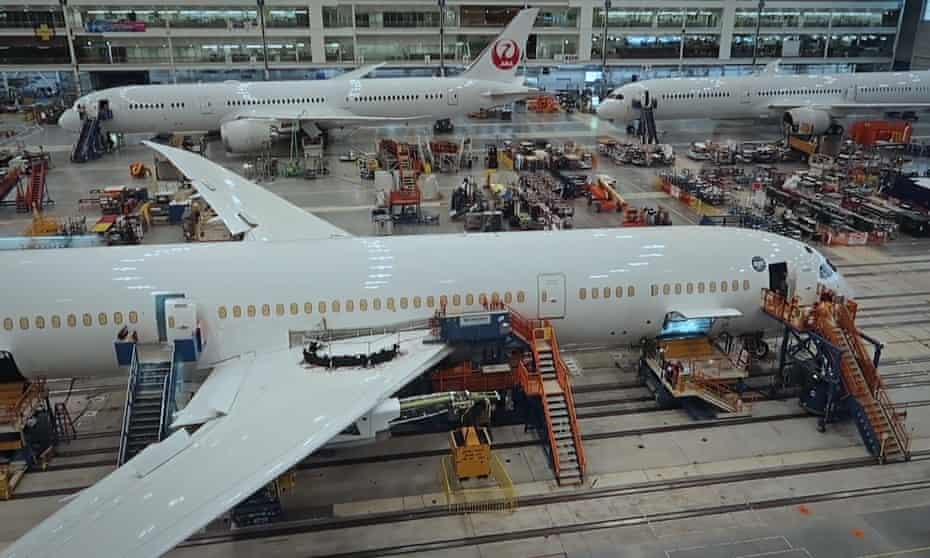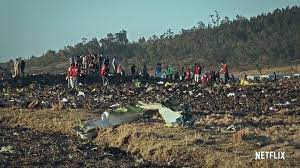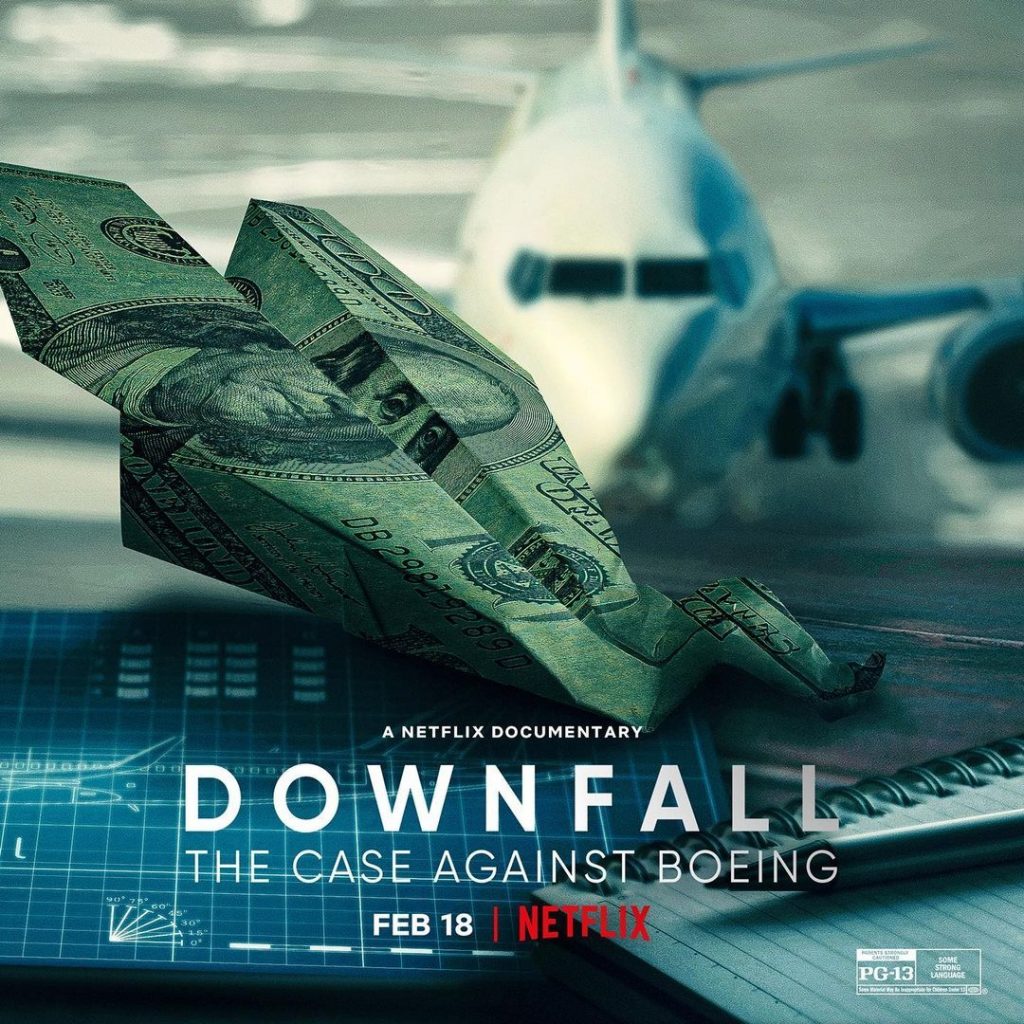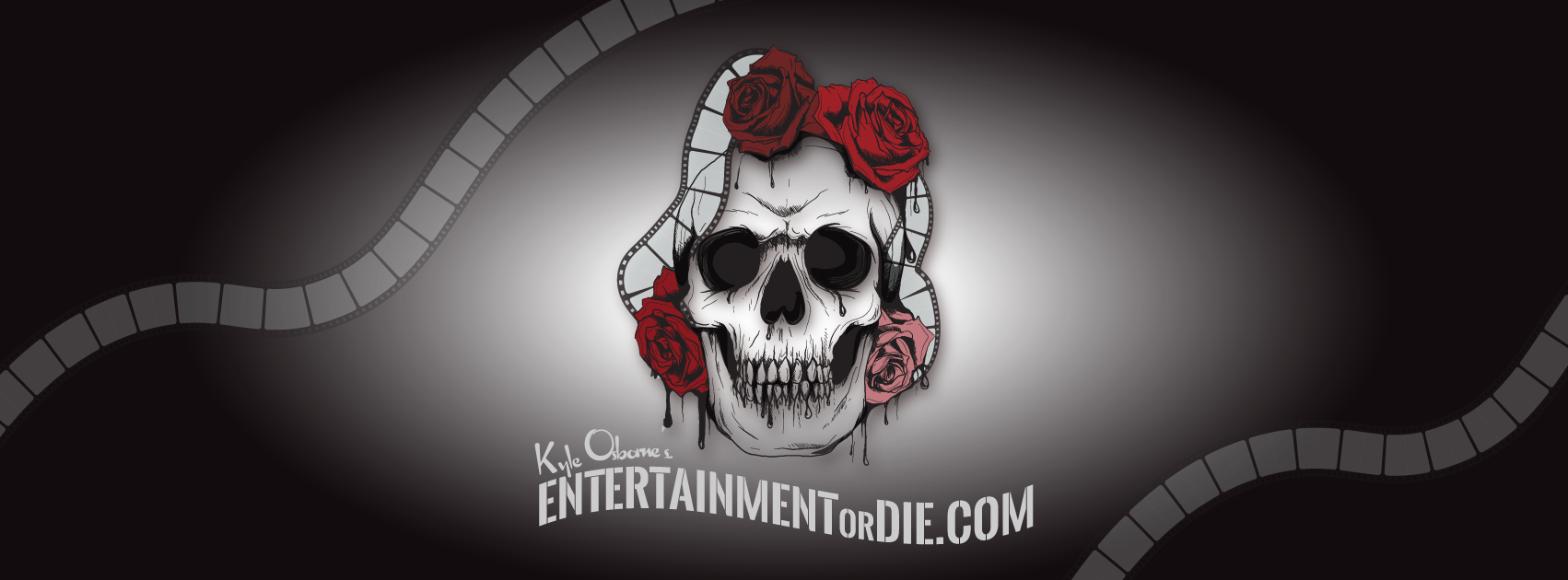By some kind of cosmic coincidence, I was working in Washington DC as a contractor for the Federal Aviation Administration (FAA), and planning my upcoming move to Indonesia, on the same October day that an Indonesian airliner crashed into the Java Sea, thirteen minutes after take-off from Jakarta.
189 people died.
Lion Air Flight 610 was a brand new Boeing 737 Max – the latest and greatest version of the most flown plane in the world. It turns out that this new plane had a major glitch, which was patched with a bit of software. The glitch caused the plane to nose dive violently and pilots had only seconds to flip two switches and recover before it would be too late to correct. That’s if they even knew about the “fix” and the recovery procedure.
The pilots I knew around the office had a reaction that I would paraphrase as, “Well, you know those Indonesian airlines. They crash all the time. The pilots probably had no idea what they were doing.”



It’s true that the safety history of the island nation’s carriers is not nearly as good as the US and most other Western countries. But then an Ethiopian Air 737 Max went down just 4 or 5 months later. Almost the exact same problem and another 157 people dead.
By the time I got to Indonesia a year later, the locals were adamant that the problem lay with Boeing. Were they right?
The new documentary ‘Downfall: The Case Against Boeing’ makes the case that the new management of Boeing, after merging with McDonnell-Douglas, put profit above safety for the first time in the company’s storied history.
Hearing from survivors, pilots and the cantankerous, but knowledgeable journalist Andy Pasztor – a timeline style narrative takes us through the history of Seattle’s lauded company for which generations of Pacific Northwesterners worked.
But former employees (are they technically whistleblowers?) paint a grim picture of how Boeing started reminding the guys who screw in the nuts and bolts how important it was to make the shareholders happy.
Excellent visuals help tell the story of why Boeing decided to “update” it’s existing 737 design rather than making a new one. And why the cheap way out was surely the reason why several hundred people are now dead.
Planes never go down for just one reason. Indeed, the NTSB cited 9 factors on the Lion Air crash. But this slickly produced narrative and, of course, the emotion that comes from the frustrated survivors who attest to Congressman Peter DeFazio’s roadblocks in getting cooperation give the story its punch.
It makes your blood boil.
If the story distills everything down to one “villain,” it is certainly Dennis A. Muilenburg, who looks like he came right out of Central Casting (and was fired after floating down safely on a Golden Parachute). It probably isn’t fair, but it does help one focus.
My old colleagues at the FAA aren’t happy about this, either. The agency,, then under DOT Secretary Elaine Chao (wife of Mitch McConnell) were similarly, in my opinion, more focused on cost-cutting than ensuring the amazing men and women of the agency were allowed to do their best work under the best conditions.
This documentary made me angry. But it didn’t ground me. I have since flown Lion Air 737s out of Jakarta. In spite of everything, the odds are still overwhelmingly on the side of the passenger surviving the trip– even here.
It’s too bad that it takes tragedies to set things right. Downfall is currently streaming on Netflix

